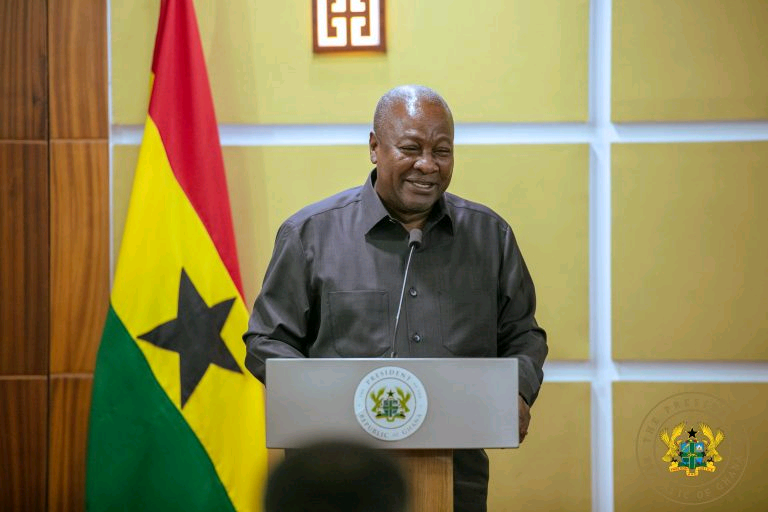The President of the Republic, John Dramani Mahama, has granted amnesty to 998 persons serving various sentences in prisons across the country, out of a total of 1,014 cases submitted by the Prisons Council.
This development follows the President’s invocation of powers conferred on him by Article 72(1) of the 1992 Constitution.
The amnesty covers prisoners across seven categories, with first-time offenders forming the majority of the beneficiaries (787).
Speaking at a public forum to announce the decision, the Minister for Government Communications, Felix Kwakye Ofosu, gave a breakdown of the list and the reasoning behind the decision.
“As part of the powers conferred on the President by the Constitution, specifically Article 72(1), a total of 998 persons in custody in prisons in Ghana have received pardons from the Presidency.
Eighty-seven prisoners on death row will now have their sentences commuted to life imprisonment, while 51 persons serving life sentences will have theirs reduced to 20 years.
Thirty-three prisoners who are terminally ill are also covered by this amnesty, as well as 36 inmates over the age of 70, regardless of the gravity of their offences.
Two nursing mothers, whose cases underwent a thorough review process after petitions were filed, complete the list, bringing the total close to 1,000.”
The latest decision marks one of the largest exercises of presidential discretion in recent years in Ghana, covering a range of situations and circumstances after exhaustive consultations with the Prisons Service Council.
The Council of State, as a statutory advisory body to the government under the Constitution, was deeply involved in the process before the President gave his assent.
Article 72(1) of the Constitution gives the President the power to exercise mercy and clemency in relation to prisoners serving custodial sentences under specified conditions.
According to the Presidency, the measure is intended to decongest the country’s overcrowded prisons while also offering beneficiaries a second chance at reintegration into society.
–
Story by Sika Togoh|univers.ug.edu.gh





